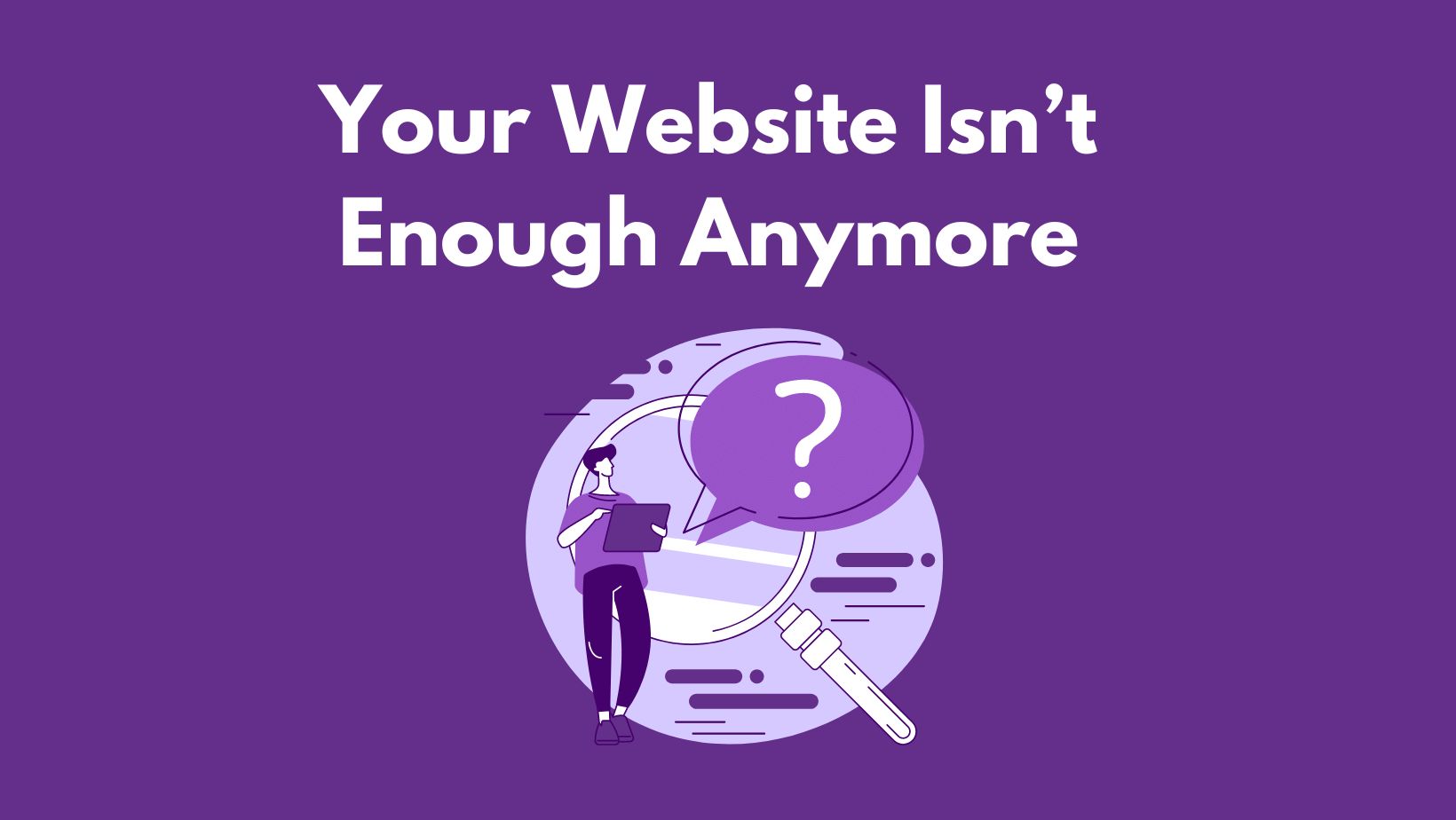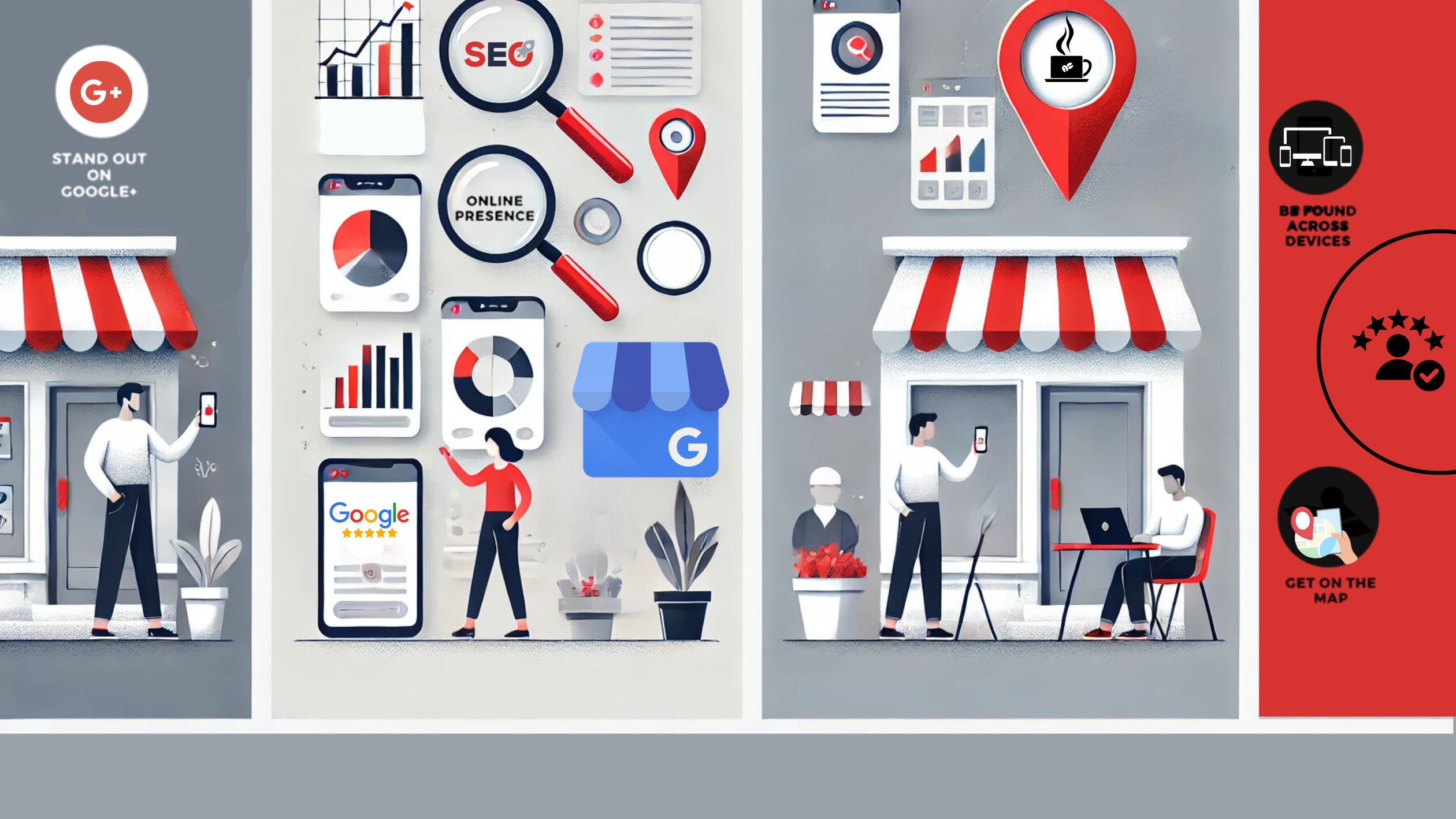Regardless of what size or type of business you have, a relevant website that looks professional, reflects your brand, and garners customer trust is essential in today’s digital world.
Building a website typically requires creativity and technical knowledge. CMS can help you leverage both. It allows businesses and individuals to edit, manage, monitor, and maintain existing website pages in a single interface without needing technical knowledge. You can streamline workflows and ensure that your team can easily manage your site’s content by building your website with a CMS. Here are a few major reasons why you should consider using a CMS for your website:
Ease of Use
CMS interfaces are designed to be user-friendly for those who do not have a coding background, so there is no risk of a writer accidentally deleting an important part of a page. With a great content management system, your team members can easily create, add and manage pages on your site, images, videos, testimonials from your customers, and much more. Working within a CMS will allow you to build pages in half the time it takes to build pages from scratch, especially in case the design requires custom coding.
As the name implies, the ability to manage content, rather than just create it, is an important feature of the CMS. In other words, it is equally important to use the system simply and to monitor the progress of results. You can use a web analytics platform like Google Analytics to measure conversions, depending on the goal of your CMS, like a commerce site or a blog.
Good Loading Speed
A website that takes too much time to load or refresh will only frustrate the visitor and he won’t even take a second to move on to another website. Imagine how many potential customers you will lose with each passing second.
CMS dramatically and directly affects how your website performs on different devices. Most CMS platforms provide valuable insights on speeding up your website in their built-in reports. These insights include simple tips like minimizing animated text and limiting the use of custom fonts.
You can boost the website speed with a CMS that supports site speed, optimization plug-ins, caching plug-ins, and other tools, such as JS (JavaScript), HTML, and image optimization.
Uniform Look
One of the most helpful features present in most CMS platforms is the ability to create a template. With CMS, you don’t need to go through the hassle of manually changing design elements on each page. You can simply make a change to a template, and then apply it to all pages using that template. This will give your website a uniform and professional look with functionality that’ll cater to your customers and prospects.
Support for SEO
The role of SEO is to increase the likelihood of your page being found online via search engines. In other words, the better the SEO performance is, the better the website visibility will be. You have to continuously focus on improving or maintaining your search ranking if you want your website to stay on the top in the search results. To do so, you need to ensure that the site content stays relevant.
Thanks to the ease of content editing in CMS, you can optimize your title, meta descriptions, keywords, and even add call to actions, all in a single text field without adding extra tools or plugins to your website. You can also make links clickable, add paragraph tags, and suggest best SEO practices to the user with intuitive CMS platforms. CMS will let you optimize the crucial factors of SEO; content marketing, on-page SEO, and off-page SEO.
Cost Saving
Imagine that you got your website built by a specific developer in a complicated language that only a few professionals know. The lack of expertise will raise the prices for the service which will make it very expensive for you to keep the structure functioning and updated.
CMS allows people with little or no technical skills to easily create, update or modify the website content. All you have to do is simply log in, make the edit, and hit save.
This means no more urgent calls to offsite developers for minor tweaks and edits, that can add up into big bills. CMS allows even the most novice web designer to create or update the entire website’s design and layout
Fast Installation and Easy Upgrades
Installing a CMS is much faster than coding a website from scratch. With the help of standard bundled features that come with the CMS, you will be up and running in little to no time.
CMS mostly comes with round-the-clock support teams that are constantly working on updates and new features. Doing so means that your website always stays up to date. Potential security risks or vulnerabilities are dealt with quickly ensuring that your website is always secure.
User Permissions
Needless to say, there will be more than one person at your company working on the website. A CMS allows you to customize user roles and permissions for each team member based on their responsibilities. This makes sure that the contributors have been granted access to only what they need and this also helps prevent the risk of users accidentally altering something they shouldn’t. Furthermore, you can also create workflows to ensure the content gets posted only after proper approval.
Security
With continuous digital technology advancement, the threat of data breaches increasingly hovers over businesses, making security a crucial factor for any website. Hence you should check what security features come with the software, and what extra third-party security applications you may have to use. High-end open-source applications such as WordPress are built with advanced security mechanisms; however, they do not provide support service for CMS installation and maintenance, so you may need to use a third-party support service. A good CMS should offer robust security to safeguard your website’s data; whether it be from an inadvertent loss or any malicious activity.
Conclusion
Using a CMS will allow you to have complete control over your website without the need to pay excessive and recurring development fees for routine website updates. Each CMS offers unique functionality to fulfill different business purposes. When selecting the best CMS for your business, you need to ensure its features align with your needs and goals.
If you’re looking for the right content management system to use for your website or a partner to help you determine your CMS strategy, we’re here to help! Please contact us, and we will work with you to achieve your website-specific goals by creating a website that not only looks good but also sells.









